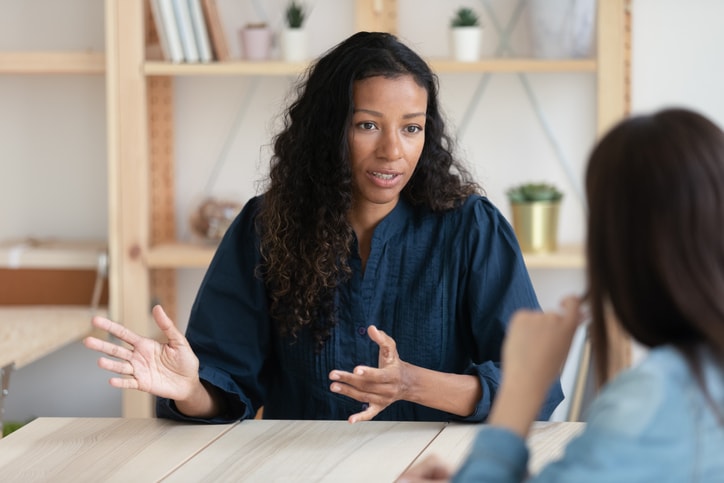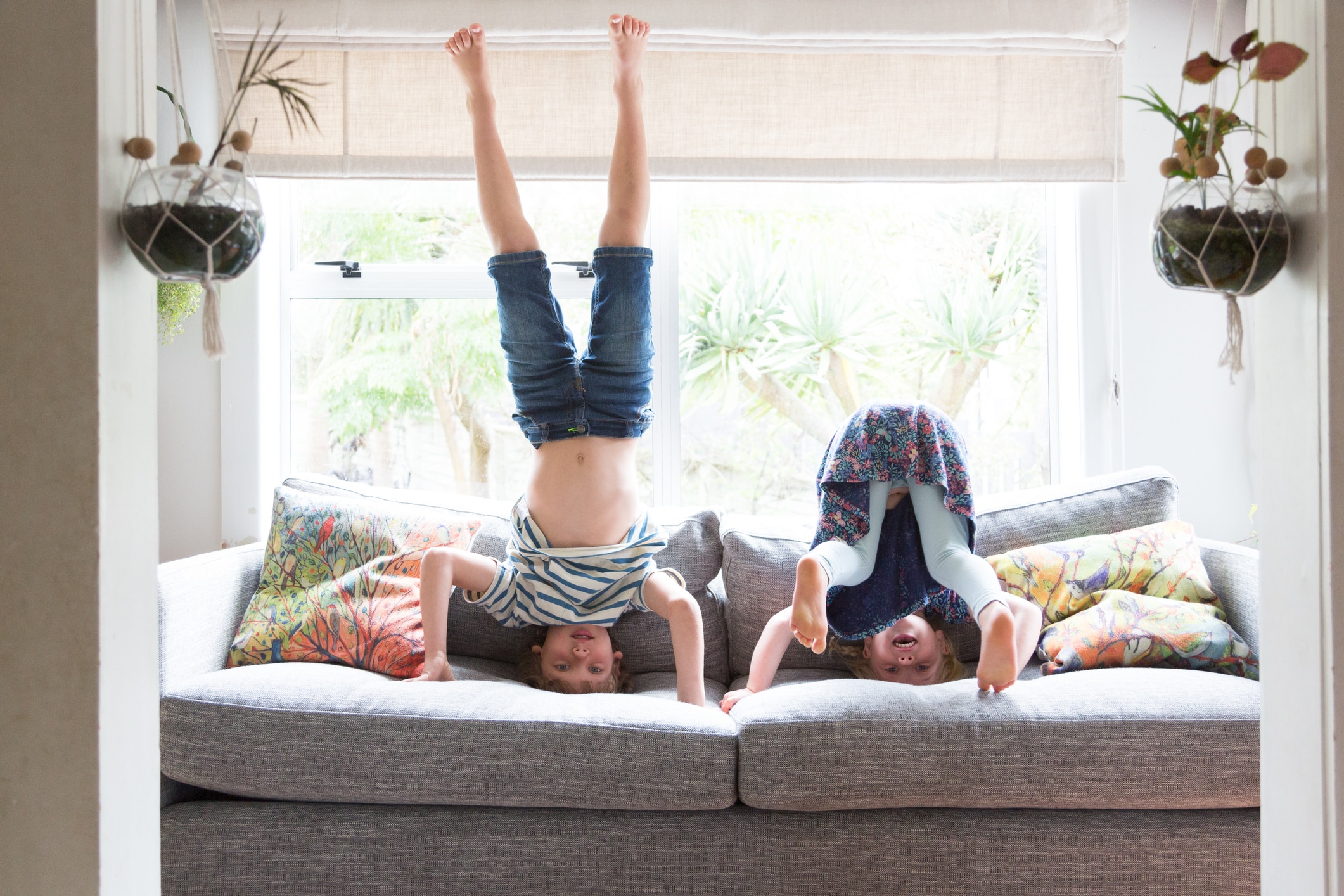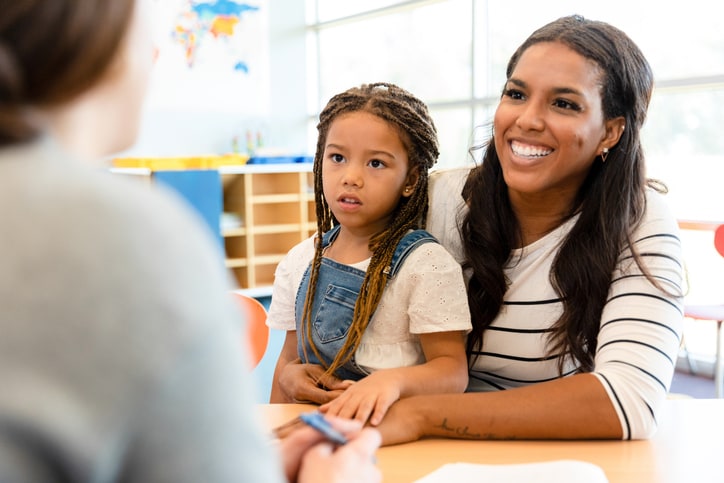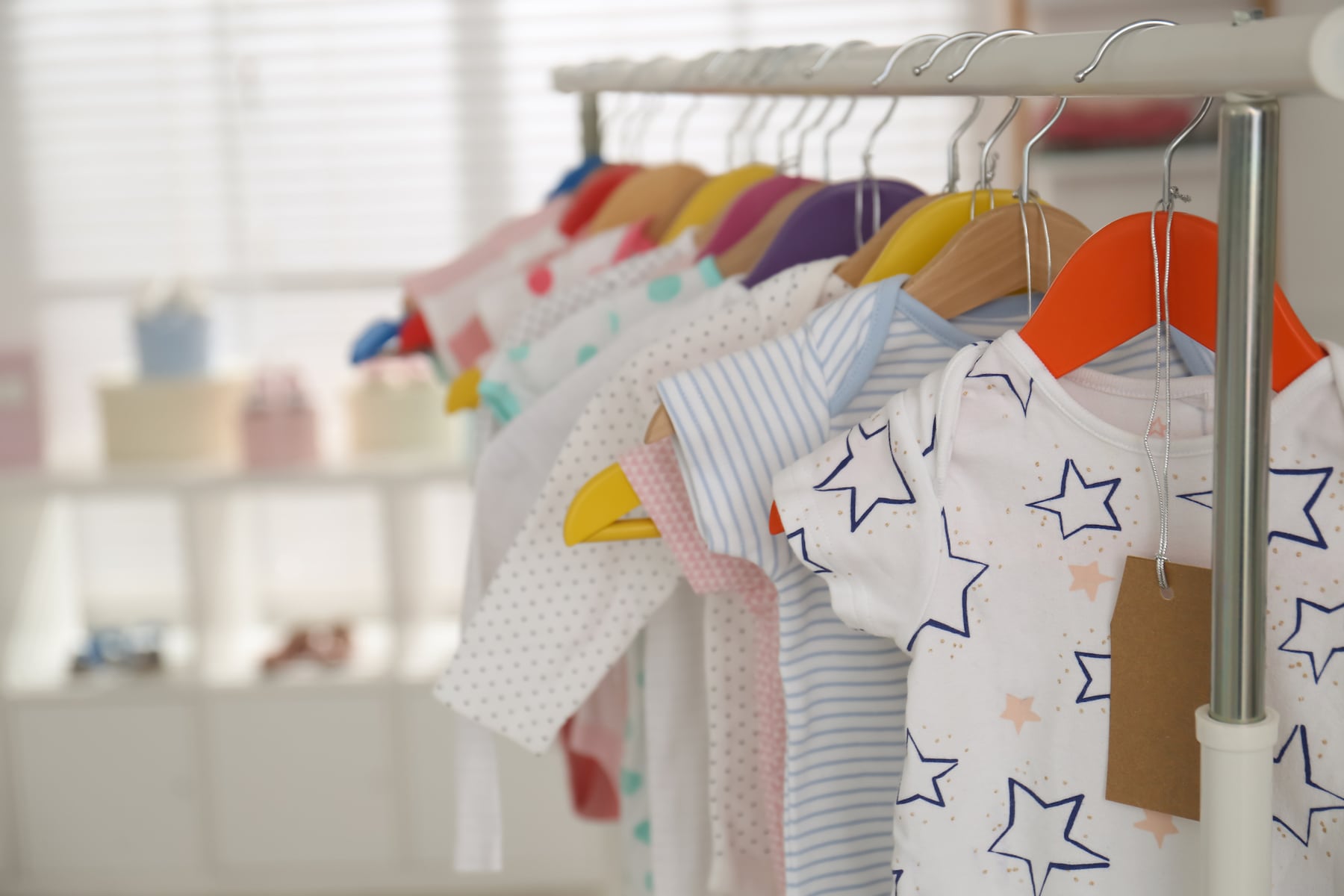Before a playdate, it’s standard to ask about pets in the house, snacks and drinks the kids might like and any allergies or medical conditions the adults need to look out for. But how many parents remember to ask if there are guns at home and how those weapons are stored?
More than 4.6 million U.S. kids live in homes with unsecured guns, yet asking other parents about weapons is often still seen as taboo, awkward or even off-limits. It may not be an easy talk to have, but with record numbers of kids being killed and injured by guns each year, experts say having this conversation is vital and potentially life-saving.
“Regardless of your personal opinion on guns, it’s undeniable that guns are lethal weapons that can cause injury or death,” says Dr. Christina Johns, a pediatric emergency doctor and Senior Medical Advisor at PM Pediatric Care. “If your child is spending time near any object that poses such a risk, you as the parent have a right and responsibility to want to be informed and reassured of proper safety precautions.”
Here, Johns and other experts break down exactly how to talk to other parents about gun safety and why the conversation is more urgent than ever.
Why do I need to ask other parents about guns?
Guns are the leading cause of death for kids in the U.S., according to the Centers for Disease Control and Prevention (CDC). In 2022, the most recent year for which complete data is available, more than 6,000 children and teens were killed or injured by guns. Sadly, many of those killed are victims of unintentional shootings due to unsafe gun storage.
On April 7, 2016, Julvonnia McDowell’s son became the victim of one such shooting. Just days after his 14th birthday, JaJuan McDowell was shot and killed by another teen who was playing with an unsecured firearm. The tragic loss led his mom to the Everytown Survivor Network and eventually to her current role as a lead volunteer for the Georgia chapter of Moms Demand Action.
“If your child is spending time near any object that poses such a risk, you as the parent have a right and responsibility to want to be informed and reassured of proper safety precautions.”
— DR. CHRISTINA JOHNS, A PEDIATRIC EMERGENCY DOCTOR
McDowell says she knows how difficult it can be to ask questions about guns in people’s homes, but it’s a conversation parents can’t afford to put off.
“I get that this is an emotional issue, and people across this country come from different walks of life. Some of us are gun owners and some aren’t, some people may have had a personal experience with guns, and some of us may have been impacted by gun violence,” she says. “But I also know first hand that the risks are far too high to not ask.”
How to talk to other parents about gun safety at home
So, how do you actually go about bringing up guns when you’re headed to a birthday party, playdate or even just a routine hangout with family or friends? Here’s how experts say to tackle the topic step-by-step.
1. Be direct
Starting a conversation about guns in the home can be as simple as saying, “I’d like to talk to you about gun safety,” says Daniel Rinaldi, a Massachusetts therapist and the founder of the mental health collective Mind Noise.
You might follow that up by saying, “My child’s safety and mine are very important to me. I’d like you to know my concerns, and I want to listen to any information you’re willing to share.”
To make sure other parents know you’re on the same team, Dr. Johns recommends telling them this is just a standard part of your safety routine. “As a parent myself, I have asked this question many times,” she says. “I typically start out by saying that I ask questions about firearms to every single household where my child is spending time. This way, it doesn’t come across like you are pre-judging someone.”
For additional help, McDowell suggests familiarizing yourself with Be SMART, a national campaign that promotes safe gun storage and responsible gun ownership. Their website offers simple scripts to help you find the approach you’re most comfortable with.
2. Choose the best time to talk
“Finding the right time and place to talk to another adult about gun safety is important,” Rinaldi says. “Be relaxed and do not rush. You want to make sure you both have the time and attention for the conversation.”
Free time is in short supply for most parents and caregivers, so McDowell says you can even open the dialogue via text message or email if that works best for both of you.
“I recommend ‘sandwiching’ the questions together with other questions and information,” she says. “‘Do you have a pool, and if so, what are pool rules?’ ‘Is alcohol accessible?’ ‘Will an adult be home the whole time?’ Simply asking if there are firearms in the home or car and how they’re stored can be another question added to the list.”
“Try not to be nervous! It doesn’t need to feel strange or awkward.”
— JULVONNIA MCDONNELL, LEAD VOLUNTEER FOR MOMS DEMAND ACTION IN GEORGIA
3. Don’t make it political
“This should be a neutral conversation that is focused solely on practical safety matters,” Johns says. “Do your best not to stray into philosophical or political aspects of this complex topic.”
She offers this simple guide for how the conversation should go:
- Ask about weapons and how they’re stored.
- State your personal preferences.
- Express your concerns.
- Set boundaries you are comfortable with.
- Listen.
Another piece of advice from McDowell: “Try not to be nervous! It doesn’t need to feel strange or awkward. As someone who lives in a state with many gun owners, I’ve rarely come across someone who didn’t appreciate the question, have a solution I was comfortable with already or who wasn’t willing to work with me until everyone felt safe.”
4. Know the right questions to ask
Remember: Your main goal is to get information about guns in the home and the safety precautions other parents take to prevent accidents involving those guns. At a base level, McDowell says, the two most essential questions to ask are:
- Are there guns in your home or vehicle?
- If so, how are those guns stored?
Once you’ve opened a dialogue, Johns says it’s also perfectly acceptable to ask specific questions to get more information, such as:
- Are the guns stored in a safe? How is the safe locked: key or code?
- Have the parents openly spoken to their children about guns?
- Is there awareness about gun safety in the home?
- What are the reasons/occasions that guns get taken out?
- Who is responsible for handling weapons in the home?
Read more:
5. Understand what safe gun storage looks like
Asking the right questions is one thing, but you also need to know what answers you’re looking for to be able to judge if a situation is safe.
“A common misconception is that a hidden gun is a secure gun,” McDowell says. “But firearms are not stored securely when they’re placed in an unlocked dresser or nightstand drawer, under a couch cushion, bed, mattress or pillow, in an unlocked closet, on a high shelf or on top of the refrigerator.”
The safest and most effective way to store firearms is:
- Unloaded.
- Locked.
- Separate from the ammunition.
“Secure storage means making sure guns are always inaccessible to kids,” McDowell adds.
“It is perfectly acceptable for you to insist that you are uncomfortable with guns being out and unsecured any time your child is at someone’s home.”
— DR. CHRISTINA JOHNS
6. Set boundaries
If another parent isn’t practicing gun safety at home, here are the steps Rinaldi recommends to set boundaries for your child and work towards a solution:
- Let the parent know you’re uncomfortable with your child being around guns.
- Explain your position calmly and keep the focus on safety.
- Ask if and how they’re willing to work with you to solve the problem.
- Offer alternative solutions, such as meeting at a different location.
- Make it clear that your position is not up for debate.
This may feel uncomfortable, but Johns says to remember that this is a vital part of your role as a parent and you have every right to stand firm.
“It is perfectly acceptable for you to insist that you are uncomfortable with guns being out and unsecured any time your child is at someone’s home,” she explains. “You also have the right to refuse your child to spend time in the other home if you feel uncomfortable.”
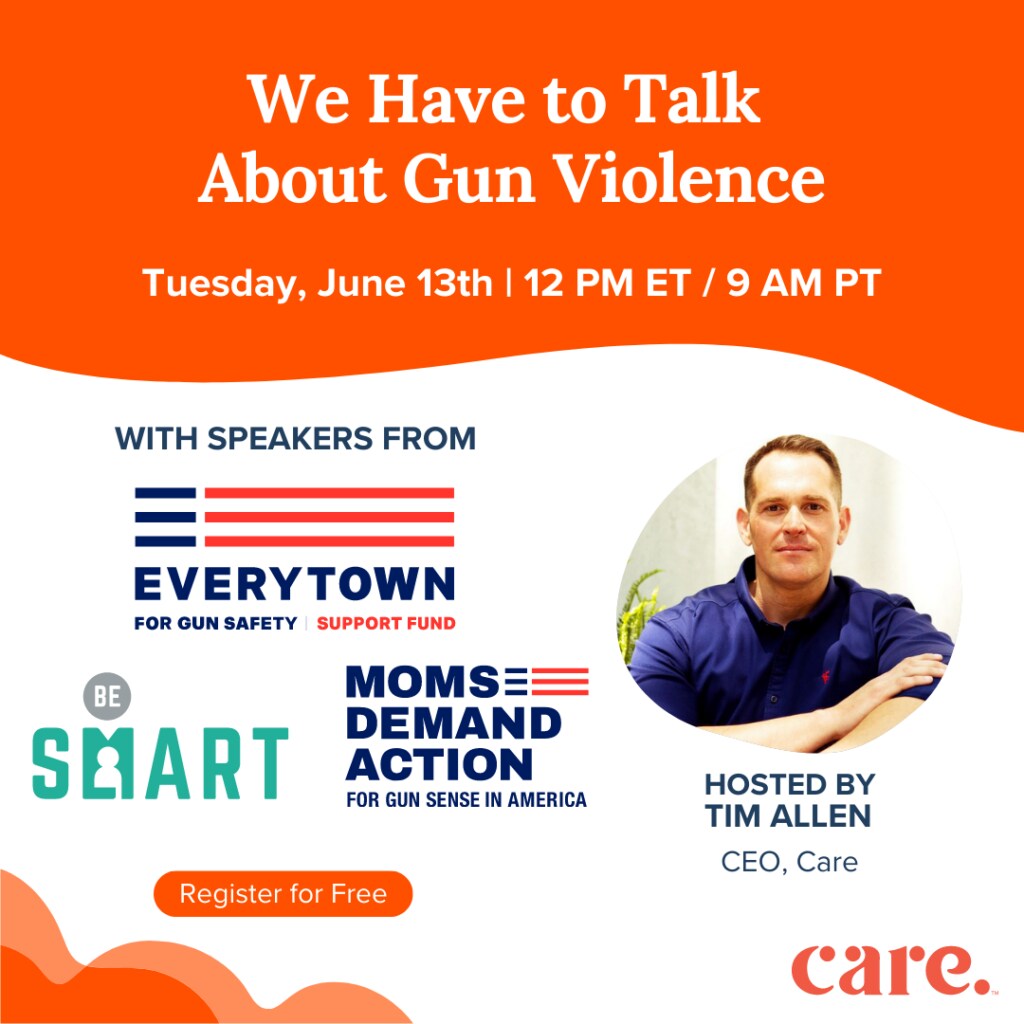
Sign up for our free webinar here
The bottom line on discussing gun safety
In the U.S., the conversation about guns is frequently fractured by political divides, but guns pose a real and serious risk to kids of all ages. Keeping children safe isn’t a matter of personal opinion or philosophical debate, and experts urge parents to talk openly and honestly about gun safety in order to prevent more tragedies.
“We can’t afford for politics to get in the way of our most essential role as parents and caretakers, which is keeping our kids safe,” says McDowell. “Something as simple as asking about firearm storage can be the difference between your child coming home or never seeing your child again. Asking about how guns are stored is not anti-gun, it’s anti-gun violence.”
